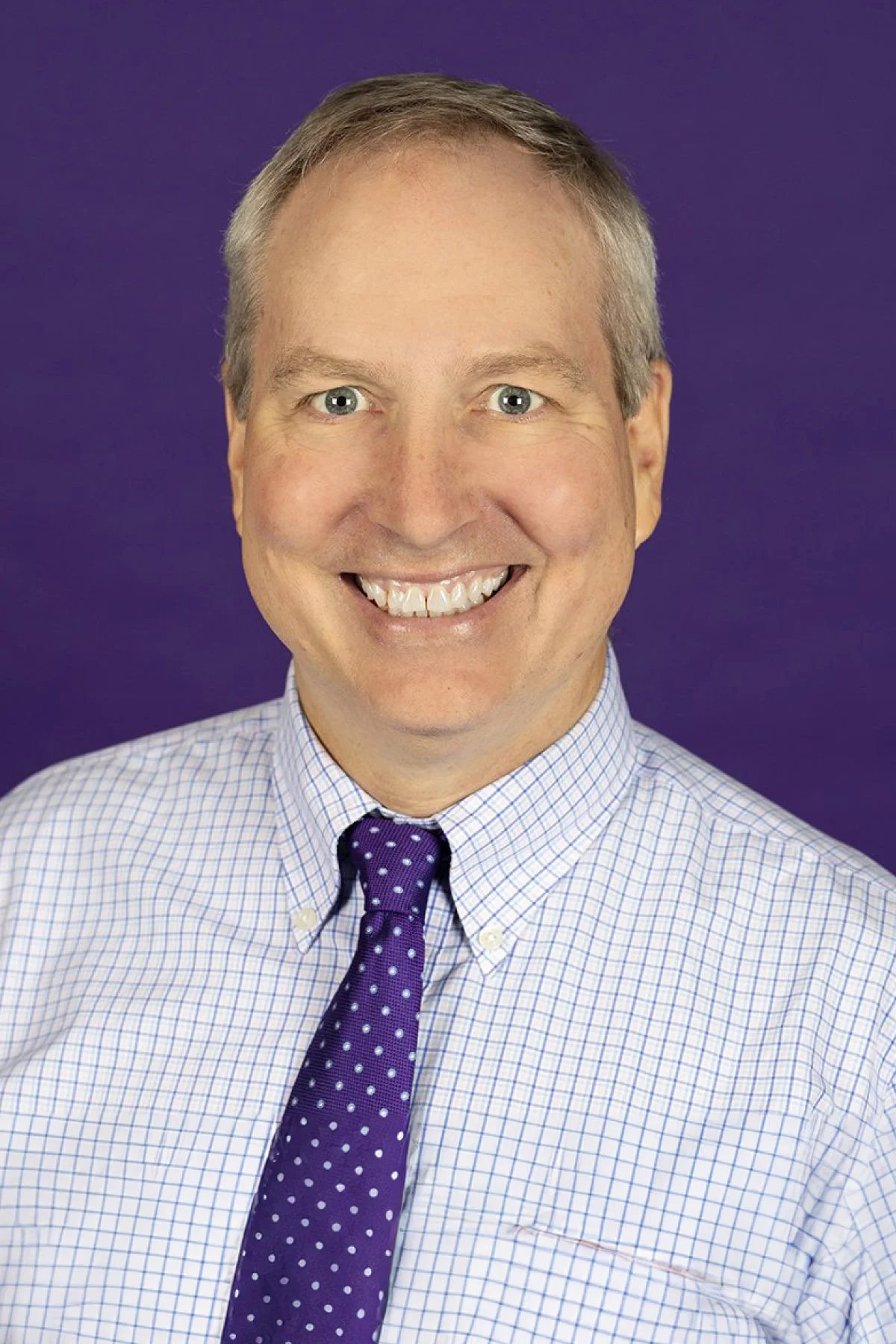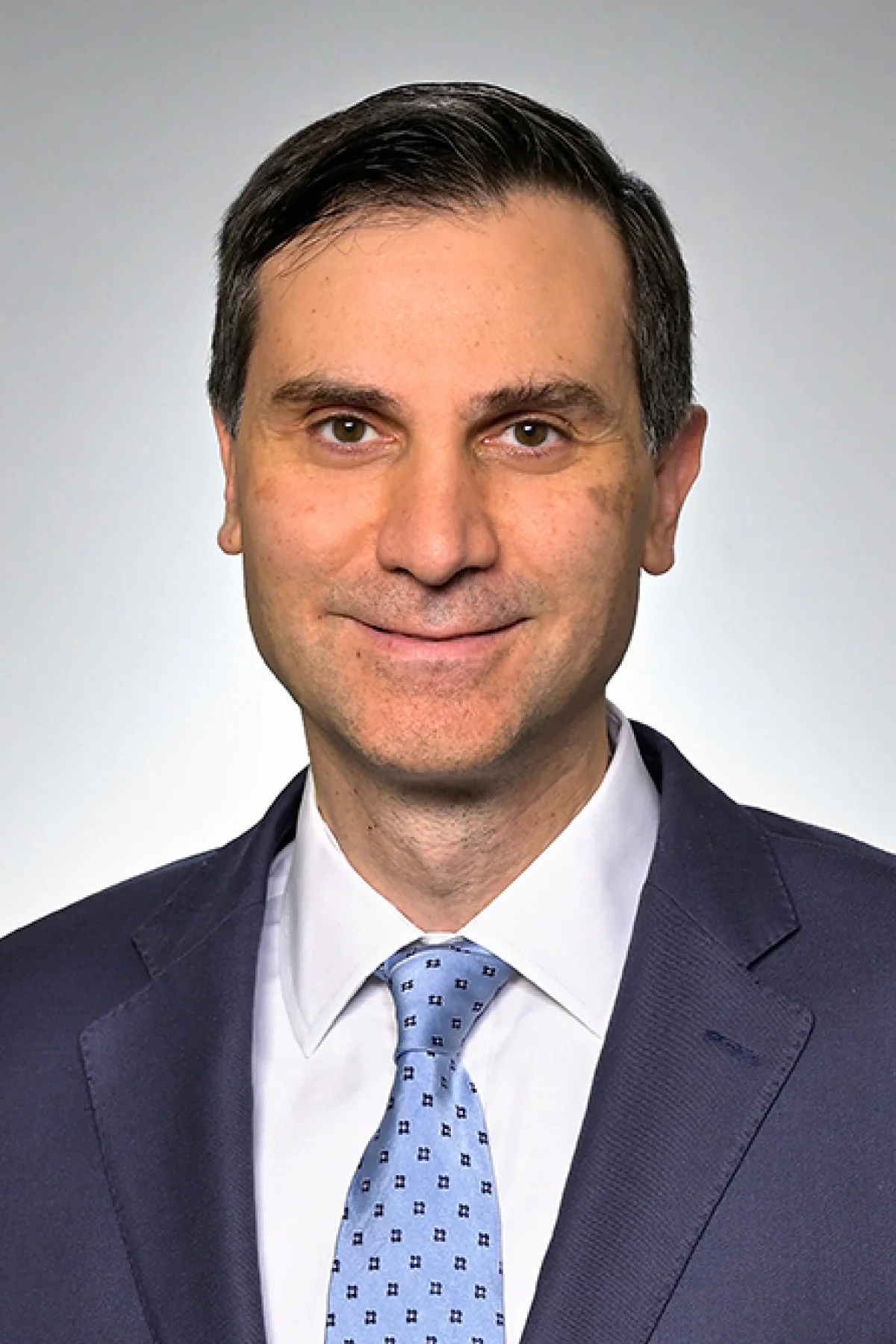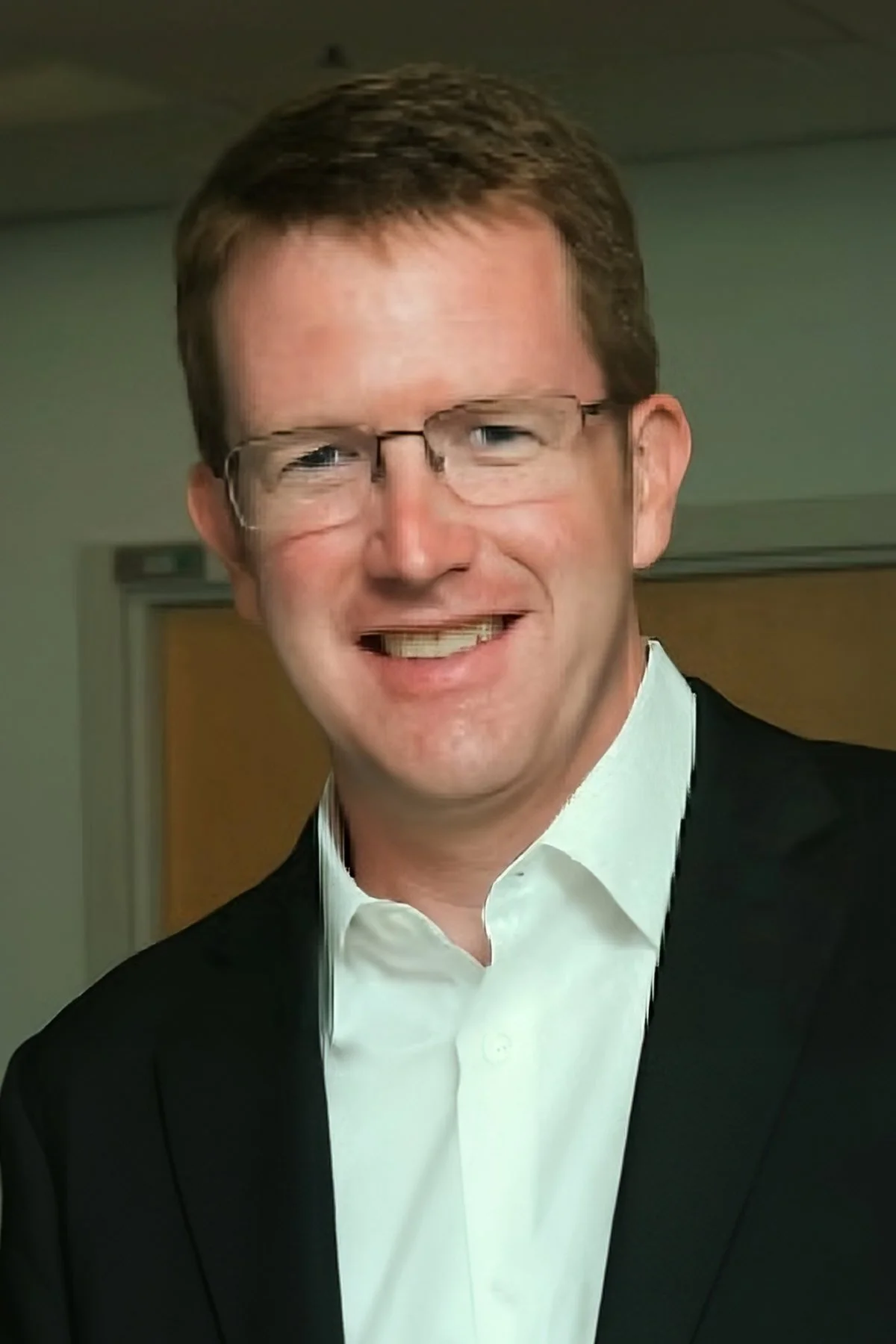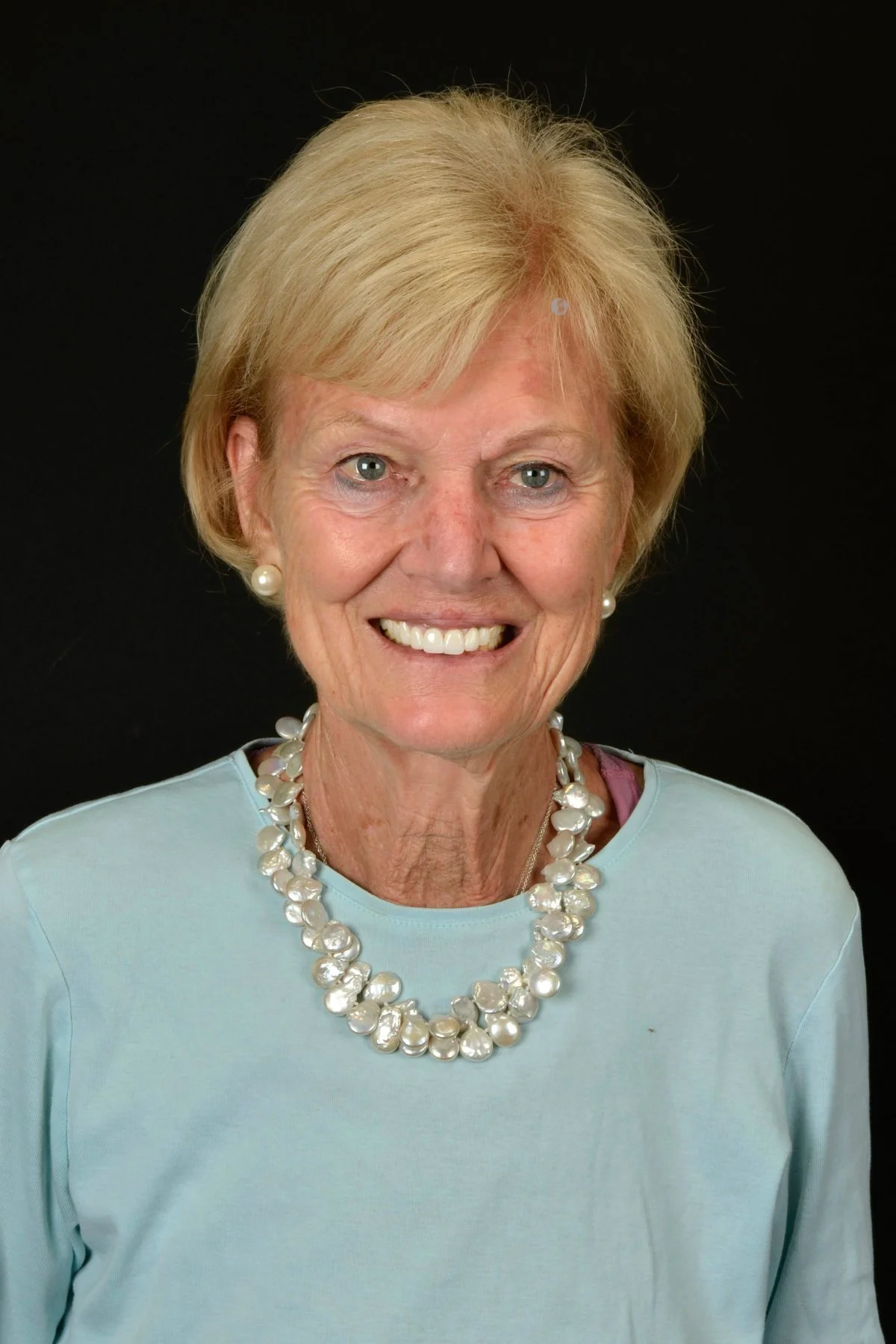The Biennial Congress is sponsored by the Sentinel Node Oncology Foundation, a 501(c)(3) non-profit organization founded in 2003 to advance the care and treatment of patients with solid cancer and to help develop new preventative strategies, diagnostics, and treatments.
Roger Olofsson Bagge
University of Gothenberg
Roger Olofsson Bagge is a Professor in Cancer Surgery at the University of Gothenburg and he is also a Senior consultant surgeon at Sahlgrenska University Hospital, Gothenburg, Sweden. He has a research group including both clinical and pre-clinical researchers within the Wallenberg Centre of Molecular and Translational Medicine, where the focus is translational cancer research in melanoma spanning from novel research in extracellular vesicles to randomized multicenter trials.
Michael Bernas, M.S.
Burnett School of Medicine at TCU
Michael Bernas is currently the Director of the Scholarly Pursuit and Thesis 4-year research course at the Burnett School of Medicine at TCU in Fort Worth, Texas, USA. For almost 30 years prior he was an Associate Scientific Investigator in the Department of Surgery at the University of Arizona College of Medicine in Tucson, Arizona where he started working with Drs. Charles and Marlys Witte in the lymphology laboratories focusing on all aspects of the lymphatic system. His work encompassed research in both basic and clinical lymphology focusing on a variety of animal lymphedema models, transgenic mice, lymphatic and blood vascular growth factors, in vitro cultures, imaging techniques of the lymphatic system, and clinical treatment trials from the research aspect.
Mark Faries, MD
Cedars Sinai, The Angeles Clinic and Research Institute
Mark Faries, MD FACS is Professor of Surgery and Co-Director of the Cutaneous Oncology Program at The Angeles Clinic and Research Institute and Cedars Sinai Medical Center. He has a long-standing interest in melanoma and other complex cutaneous malignancies. His research has involved both surgical oncology and immuno-oncology. He serves as the Study Chair for the second Multicenter Selective Lymphadenectomy Trial and has been an investigator for multiple clinical trials of surgical procedures such as minimally invasive inguinal lymph node dissection and isolated hepatic perfusion, immunotherapies including checkpoint inhibitors and vaccines. His translational research has focused on lymph node metastasis and lymphatic function in the setting of melanoma.
Charles Gawad, MD, PhD
Lucile Packard Children’s Hospital Stanford
Chuck is an Associate Professor of Pediatrics at Stanford University, where he has an active research lab and practices as a pediatric oncologist. He received his medical degree from the University of Arizona and a PhD in Cancer Biology from Stanford. His lab invents and develops new technologies to study the evolution of tissues at single-cell resolution. Among numerous honors, he is a recipient of a Career Award for Medical Scientists from the Burroughs Wellcome Fund, an NIH Director's New Innovator Award, and was selected for the Chan Zuckerberg Biohub Investigator Program.
Giorgos Karakousis, MD
University of Pennsylvania, School of Medicine
Dr. Karakousis is a Professor of Surgery at the Hospital of the University of Pennsylvania and Chief of the Division of Endocrine and Oncologic Surgery at the Hospital of the University of Pennsylvania. He also serves as Chair of the Cancer Committee of the Abramson Cancer Center. He is Co-Leader of the Melanoma Disease team at PennMedicine Cancer Service Line and represents Penn Melanoma at the National Comprehensive Cancer Network (NCCN) meetings. He is member of multiple national surgical societies and is Chair of the Scientific Committee of the Sentinel Lymph Node Working Group. Dr. Karakousis has been involved in numerous multicenter national and international collaborative studies and has served as investigator or co-investigator for a multitude of clinical trials. Scientifically, he has authored or co-authored over 330 peer-reviewed publications, as well as numerous book chapters, and currently serve on the editorial board for four journals, including the Annals of Surgical Oncology. He has made significant contributions to identifying predictors of SLN biopsy in melanoma and continues to contribute to understanding the role of neoadjuvant immune checkpoint therapy in surgically resectable earlier stage melanoma as principal investigator of a clinical trial in stage II melanoma.
Stanley P. Leong, MD, FACS, FSSO
California Pacific Medical Center and Research Institute
San Francisco, CA
Stanley P. Leong received his MD from Tulane University School of Medicine. He is the Chief of Cutaneous Oncology at the Melanoma Center of the California Pacific Medical Center (CPMC) and Senior Investigator at the CPMC Research Institute in San Francisco, California. He is also an Emeritus Professor of Surgery at the University of California, San Francisco. He has published several books on Cancer Metastasis with Springer and 227 peer-reviewed manuscripts being indexed in PubMed. He is the President of the Sentinel Node Oncology Foundation. Dr. Leong is Co-Chair of the International Congress on Cancer Metastasis, which has taken place in San Francisco biennially since 2005.
David Nathanson, MD, FACS, FRCS, FSSO
Henry Ford Health
I am a surgical oncologist and professor of Surgery, Wayne State Medical School at Henry Ford Health, Detroit, Michigan. I hold the chair in Breast Cancer Research at HFH
Timothy Padera, PhD
Dr. Padera is Associate Professor of Radiation Oncology at Harvard Medical School and a PI in the Edwin L. Steele Laboratories, Department of Radiation Oncology at Massachusetts General Hospital. Dr. Padera is also a Member of the Harvard-MIT Health Sciences and Technology Faculty. He earned an NIH Director’s New Innovator Award in 2011 and was named the Rullo Family MGH Research Scholar 2021. He currently serves on the National Commission on Lymphatic Diseases. Dr. Padera is recognized as a leader in the field of functional lymphatic imaging, particularly with respect to lymphatic vessel pumping, lymphatic metastasis and lymph node imaging. He has seminal papers describing the role of functional peritumor lymphatic vessels in tumor dissemination and showing lymph node metastasis can spread to distant organs. His group has also developed a novel method to study the autonomous contraction of collecting lymphatic vessels in mice. This work opened the door to the wide array of genetic mouse models to study underlying functional lymphatic deficits in lymphedema, states of inflammation, aging and bacterial infection.
Nathan E. Reticker-Flynn, PhD
Stanford University, School of Medicine
Assistant Professor
Department of Otolaryngology – Head & Neck Surgery
Stanford Cancer Institute
Nathan Reticker-Flynn is a tumor immunologist and Biomedical Engineer working at the interfaces of cancer metastasis, tumor evolution, adaptive immunity, and immunotherapy. He received his PhD from the Massachusetts Institute of Technology while working in the lab of Dr. Sangeeta Bhatia and performed his postdoctoral studies with Dr. Edgar Engleman at Stanford University School of Medicine. Dr. Reticker-Flynn is currently an Assistant Professor at Stanford University in the Department of Otolaryngology and a member of the Stanford Cancer Institute. His discoveries include the revelation that effective immunotherapies require systemic activation of anti-tumor immunity and that lymph node metastases serve to reeducate adaptive immune responses in a manner that promotes distant metastasis
Baldassarre Stea, MD, PhD
University of Arizon, College of Medicine Tucson
I am Professor and Head of the department of Radiation Oncology at the University of Arizona. I specialize in the treatment of malignant and benign brain tumors using stereotactic radiosurgery (SRS. I developed the stereotactic radiosurgery program at the University Hospital and have more than 25 years of experience in the field. I am the local PI for the NRG grant at the UACC, overseeing the opening and accrual of patients to multiple NRG group trials. I have expertise in running clinical trials. I also have considerable experience in training, mentoring and promoting an inclusive and supportive scientific environment. Over the years I have developed the skills necessary to help and support trainees in first identifying and then transition into careers in the biomedical research workforce that are consistent with their skills, interests and values.
Saskia Thiadens RN
Founder of National Lymphedema Network
Saskia R.J. Thiadens, RN, received her nursing degree from the University of Utrecht in Holland. After immigrating to the United States, she worked at Cornell University in NY. She opened the first lymphedema clinic in the U.S. (the Aurora Lymphedema Clinic) In 1988, Ms. Thiadens founded the National Lymphedema Network, (NLN) an internationally recognized non-profit organization dedicated to providing education and guidance to lymphedema patients, health care professionals, and the general public. Since then, she has been an active nurse/patient advocate, has organized 11 successful international professional conferences on lymphedema, and in Sept 2015 collaborated in the 25th World congress of Lymphology (WCOL) in San Francisco, which brought over 900 people from 39 countries together. She has been an oncology nurse for over 25 years, a member of the Oncology Nursing Society, and the founder of The Lymphedema Management Scientific Interest Group. She is a frequent speaker at national and international conferences and key collaborator in various lymphedema studies. In 2018, she created a Screening and Early detection program for Melanoma/cancer related lymphedema at Sutter Health, Center for Melanoma Research and Treatment at CPMC in San Francisco.
Marlys H Witte, MD
Marlys H. Witte, MD, University of Arizona Professor of Surgery and Director of Multilevel Student NIH Research Training Program, University of Arizona College of Medicine, and Secretary-General of the International Society of Lymphology. She is a world-recognized pioneer in clinical and basic lymphology – the study of lymphatics, lymph, lymphocytes, and lymph nodes in health and disease. She received her medical education at NYU School of Medicine, and post-graduate residency training at The University of North Carolina-North Carolina Memorial Hospital, NYU-Bellevue Medical Center, and Washington University in St. Louis/Barnes Hospital. Her translational interests and contributions together with her late husband, Dr. Charles Witte, have ranged from blood/lymphatic vascular endothelial cell biology and pathobiology in vitro and in vivo, hepatosplanchnic lymphatic/microcirculatory physiology, small animal models, in vivo lymphatic imaging, thoracic duct lymph drainage, lymphogenous cancer spread, and genomics/proteomics of lymphedema-angiodysplasia syndromes, defects, and overexpression of lymphangiogenesis genes VEGFR3. She maintains an interest in a variety of infectious diseases and immune disorders. Author of more than 400 peer-reviewed publications, recipient of numerous international honors, she has received continuous funding from NIH (as well as other government, AMA, and non-profit agency grants) since she was a medical resident. She has served as Program Director of UA’s only NIH General Clinical Research Center and she has mentored thousands of diverse, multilevel students (many grom disadvantaged backgrounds) in her career with a special interest in teaching "medical ignorance" – "what we know we don't know, don't know we don't know, and think we know but don't".
Jonathan Zager, MD, FACS, FSSO
University of South Florida
Morsani College of Medicine
Treasurer, Sentinel Node Oncology Foundation
Chief Academic Officer and Senior Member
Moffitt Cancer Center, Cutaneous Oncology and Sarcoma Departments
Professor of Surgery and Chair
University of South Florida, Department of Oncologic Sciences
Share this:














